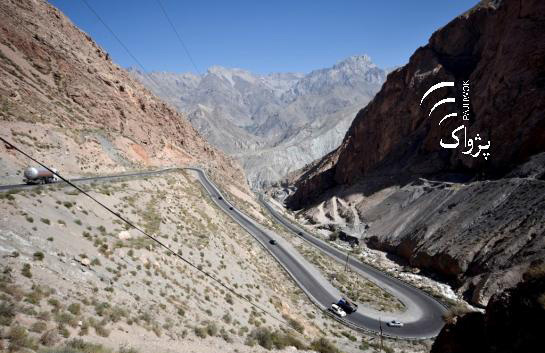DUSHANBE - The Central Asia Regional Economic Cooperation (CAREC) programme is a partnership of 10 countries and six multilateral development partners working to promote development through cooperation, leading to accelerated economic growth and poverty reduction.
The member countries are: Afghanistan, Azerbaijan, China, Kazakhstan, Kyrgyz Republic, Mongolia, Pakistan, Tajikistan, Turkmenistan and Uzbekistan, according to the Asian Development Bank (ADB).
CAREC’s multilateral institution partners are ADB, European Bank for Reconstruction and Development, International Monetary Fund, Islamic Development Bank, United Nations Development Programme and World Bank.
ABD serves as the CAREC Secretariat. CAREC investments have reached more than $27 billion since 2001. From 2001 to December 2015, there has been $27.7 billion worth of CAREC-related investment. Of this, $9.9 billion (or 36%) was financed by ADB, $10.9 billion by other donor organization, and $6.9 billion from CARE governments.
Of these investments, transport has the biggest share with $21.6 billion (about 78%). Increased support by ADB for regional cooperation: ADB is committed to supporting regional cooperation.
The Action Plan to implement the outcomes of the midterm review of ADB’s Strategy 2020 reaffirmed the priority accorded to regional cooperation and integration, according to the principal economist with ADB's Regional Cooperation and Operations Coordination Division.
Pradeep Srivastava says ADB is now developing an Operational Plan for Regional Cooperation and Integration, which will provide improved guidance to ADB’s regional cooperation initiatives, including the CAREC program.
Economic Corridor Development: In 2014, CAREC endorsed a long-standing theme “Linking Connectivity with Economic Transformation in CARECT” to be carried for years 2014-2020.
While ADB continues to support improvement of physical connectivity, it will step up efforts to transform the physical connectivity gains into economic gains through promoting economic corridors development (ECD). ECD is concerned with the spatial organization of economic activities.
It brings together existing and new infrastructure, policies, and institutions to attract private investment that will create jobs and encourage growth. The Almaty-Bishkek Corridor Initiative (ABCI) focuses on one such corridor, exploring the feasibility of developing and economic corridor between Almaty, Kazakhstan, and Bishkek, Kyrgyz Republic, as well as the scope and content of such a corridor.
The official informed Pajhwok Afghan News there has been good progress in ABCI since the Memorandum of Understanding was signed by the Governments of Kazakhstan and Kyrgyz Republic in November 2014.
Technical and economic analysis has been completed in priority areas of education, health, agriculture and agribusiness, tourism, and disaster risk management for corridor development, the use of information and communications technology across these sectors, and how all these could contribute to corridor development.
ADB will present at the 15th CAREC Ministerial Conference an ABCI Investment Framework comprising public and private investment projects and non-lending projects for development of the economic corridor linking two important cities in Central Asia.
ADB’s support for CAREC and CAREC Institute: ADB will continue to support as follows: As lead financer: by providing financial and technical assistance in CAREC’s transport, trade facilitation, energy sectors, multi-sector initiatives, and the CAREC Institute and, as appropriate, expanding into new areas;
As catalyst and honest broker: by mobilizing resources from official and private sources, including helping forge public-private partnerships for CAREC projects; and
Home » Afghanistan » CAREC-Related Investments Reach $27.7 Billion
CAREC-Related Investments Reach $27.7 Billion

